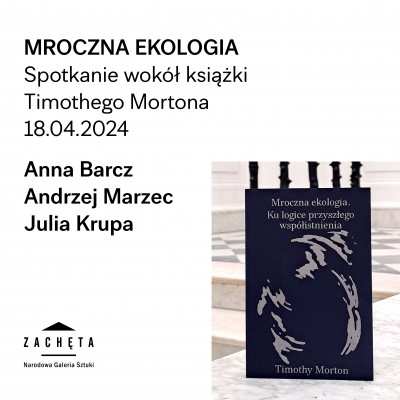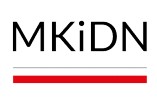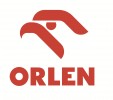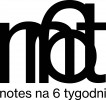Does the Rising Sun affright
15.03 – 26.05.2024 Does the Rising Sun affright
Zachęta – National Gallery of Art
artists: Ania Bąk, Claude Eigan, Natasha Gerlach, Veronika Hapchenko, Bianca Hlywa, Tiziana Krüger, Inside Job (Ula Lucińska, Michal Knychaus), Cezary Poniatowski, Aleksandra Słyż, Leilei Wu
curator: Aleksandra Skowronska
exhibition design: Iza Koczanowska, Aleksandra Szpocińska
visual identification: Zofka Kofta
exhibition production: Dominika Kaszewska, Karolina Jezierska-Pomorska, Anna Muszyńska
editing: Andrzej Bialik, Dariusz Bochenek, Remigiusz Olszewski, Grzegorz Ostromecki, Paweł Ostromecki, Piotr Wierzejski
communication: Alicja Malicka, Milena Liebe, Zofia Koźniewska, Aleksandra Sienkiewicz, Justyna Wydra
inventory: Monika Zaleszczuk
conservation care: Michalina Sobierajska
accessibility department: Emilia Rudzka
public program: Daria Kubilisz
It encourages and compels us to think about our connections with non-human and beyond-human entities: from metal deposits and radiation to yeast, mussels or air. It does not favour humans. It does not lend itself to being romanticised or fetishised, tamed or objectified. Developed by Timothy Morton, dark ecology is a concept that highlights the mystery and complexity of ecological problems, often beyond the reach of our (human) consciousness. It is a philosophical tool that allows us to examine our relationship with the world, which is undergoing increasingly rapid and difficult to understand changes. It enables us to find our way in the dark — in the spectrum of strange and incomprehensible transformations that manifest themselves in events of varying scales: from the whole planet to the individual human body.
The artists invited to participate in the exhibition, whose biographies and memories are rooted in the moment of transition, themselves embody the category of spectrum, this time across generations. On the one hand, they reach the end of the ‘long 20th century’ (to quote the sociologist Giovanni Arrighi) — a period of global capitalist expansion and extractivism of the planet, its deposits or biosphere; on the other hand, they are part of the 21st century ecological awareness and narratives of ‘planetary care’ or the concept of ‘care for post-nature’ formulated by the researcher Ewa Bińczyk, often accompanied by a sense of helplessness of the individual deprived of sufficient agency.
Individual responses to the aforementioned transition can be seen in creative practices — in working methods and choice of materials (post-industrial waste and objects of everyday use), in references to organic themes, in collaborations with non-human, technological and organic entities, in the use of categories of strangeness, mutation and adaptation, or in the introduction of ironic or erotic motifs. This involves attempts to develop emancipatory strategies or to articulate an attitude towards crisis and apathy.
Artistic reflection is not limited to the contemplation of (dark) ecology. It transcends the assumed point of departure and seeks to reformulate the normative concepts and categories necessary in a time of transition — identity, politics, time, matter, future, humankind, and life.
The title of the exhibition is deceptive and, like the entities in Morton’s philosophy, conceals its intentions and semantic scope. The phrase, taken from a poem by William Blake and translated into Polish by Zygmunt Kubiak, carries meanings related to the transition between night and day, darkness and light, filled with a timid hope for the future.
Does the Rising Sun affright
15.03 – 26.05.2024
Zachęta – National Gallery of Art
pl. Małachowskiego 3, 00-916 Warsaw
See on the map
Godziny otwarcia:
Tuesday – Sunday 12–8 p.m.
Thursday – free entry
ticket office is open until 7.30 p.m.
Honorary patronage of the Rector of the Music Academy in Poznan, Prof. Hanna Kostrzewska, PhD:







